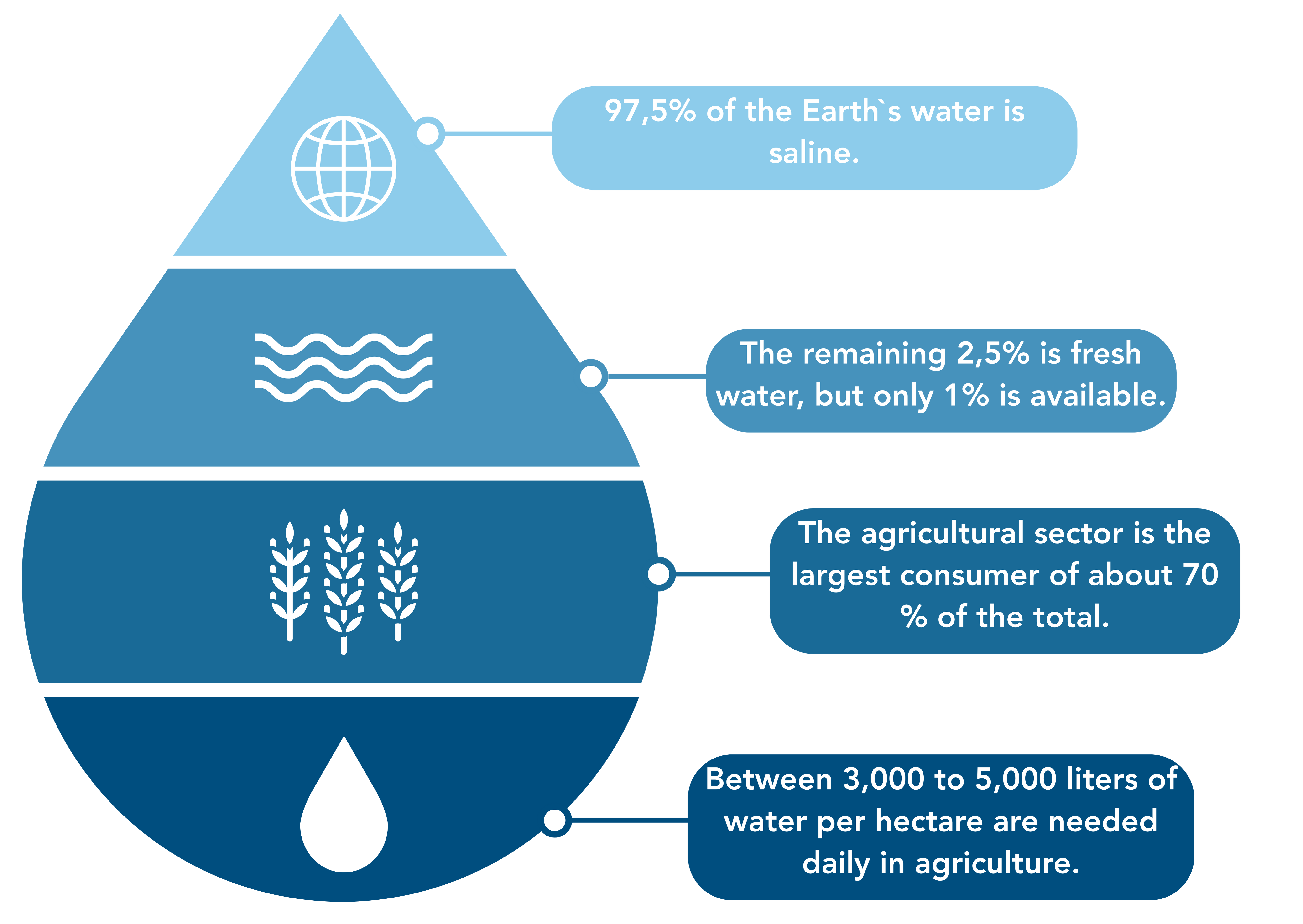

IV Diálogo Agroalimentario UE–ALC “Agua y agricultura en transición: hacia una gestión sostenible y resiliente en la UE y ALC"
El 2 y 3 de diciembre de 2025 se desarrolló en Brasilia el IV Diálogo Agroalimentario UE–ALC, titulado “Agua y agricultura en transición: hacia una gestión sostenible y resiliente en la UE y ALC”, en el marco del programa AL-INVEST Verde (Componente 2), como un espacio de intercambio técnico y político orientado a fortalecer la resiliencia hídrica de los sistemas agroalimentarios. Durante la primera jornada se llevaron a cabo paneles técnicos centrados en inversión, innovación y gobernanza del agua, destacándose el panel sobre soluciones tecnológicas para la gestión sostenible del recurso hídrico, donde se abordaron experiencias vinculadas a digitalización del riego, uso de inteligencia artificial, monitoreo y reutilización de agua, posicionando a la agricultura como un actor clave en la transición hacia una gestión integrada, eficiente y sostenible del agua en la UE y ALC.
.jpg)
Regional Water Week 2025, Latin America and the Caribbean
On Friday, October 10, Session 3 of the Regional Water Week at ECLAC was held, entitled Water and Agriculture, Solutions for Agricultural Water Availability. The second panel in this session was Nature-Based Solutions and Innovation for Agricultural Water Availability. The initiative played a leading role in this panel, where a general overview of NbS and IICA's experiences in this area were presented.
The initiative
This Initiative proposes solutions with innovative approaches that respond to a variety of situations, including: the availability and quality of water and soil, the level of development of agricultural infrastructure, exposure to droughts and floods, the sustainable use of groundwater resources, and the institutional capacity of the stakeholders involved.

Approximately 97.5% of Earth's water is salty and the remaining 2.5% is freshwater, but only 1% is available. Of that 1%, the agricultural sector is the major consumer of around 70%. It is estimated that in the countries of the American continent more than 390 million hectares are cultivated under rainfed agriculture with a lower productivity than that of irrigation agriculture[1] There are approximately 44 million hectares cultivated with irrigated agriculture, which represents 13% of the total hectares cultivated in the region so it is imperative to increase irrigated surfaces and water efficiency for agriculture to increase productivity.
Why is water and agriculture so important?
[1] Like the rest of the world, on the American continent most of the agricultural land is dry land. 87% of the arable land corresponds to this system, in Canada it is 98%, Paraguay 87%. In 24 American countries this system is used on more than 80% of the arable land. Regarding productivity, it is estimated that cereals grown under rainfed conditions are close to 65% of the productivity achieved under irrigation.
[1] Like the rest of the world, on the American continent most of the agricultural land is dry land. 87% of the arable land corresponds to this system, in Canada it is 98%, Paraguay 87%. In 24 American countries this system is used on more than 80% of the arable land. Regarding productivity, it is estimated that cereals grown under rainfed conditions are close to 65% of the productivity achieved under irrigation.

Current Challenges
Water scarcity, misuse and the impacts of climate change seriously compromise agri-food systems and food security in the Americas and the rest of the world. As a consequence of this reality, agriculture must develop and implement innovative production systems in which the use of water will be a priority.

To ensure the sustainability of this Initiative after the end of the execution period, management agreements and commitments and support services will be established with public and private actors, cooperation and financing organizations, academia, beneficiaries and their participating organizations.
Organization for the execution of the initiative
Partners and
Hemispheric Alliances
Strategic alliances will be established with institutions that contribute to the work lines of the four strategic axes (Water production and storage, Innovation, Governance, Promotion of investments) in a “win-win” relationship.

IICA Water Network
The IICA Water Network is composed of specialist members of the Institute with expertise in water, agriculture, and related areas. Its objective is to consolidate capacities and promote public-private partnerships among IICA members to improve integrated and efficient management of water use for agriculture, through the support of ministries of agriculture and water agencies, and by identifying and promoting project initiatives that leverage external funding within the framework of the IICA Hemispheric Partnership on Water and Agriculture.
Furthermore, the network seeks to foster interaction and the exchange of experiences, projects, technological innovations, scientific articles, verified press releases, sectoral policy documents, and success stories among its members, with the goal of improving the current water situation facing agriculture in the Americas.
Upcoming Events
We are interested in knowing about innovations and technologies!
Contact us, and be part of the Technology Atlas that is transforming the way we approach irrigation, water conservation and efficiency in agricultural production in the Americas.
Send us an email to:agua.agricultura@iica.int






.jpg)














